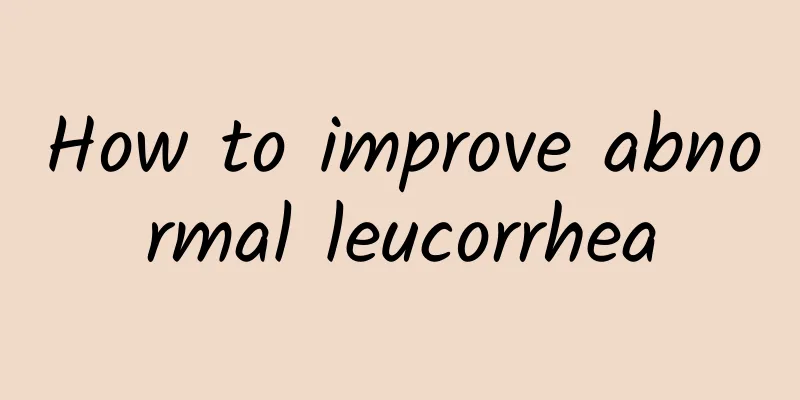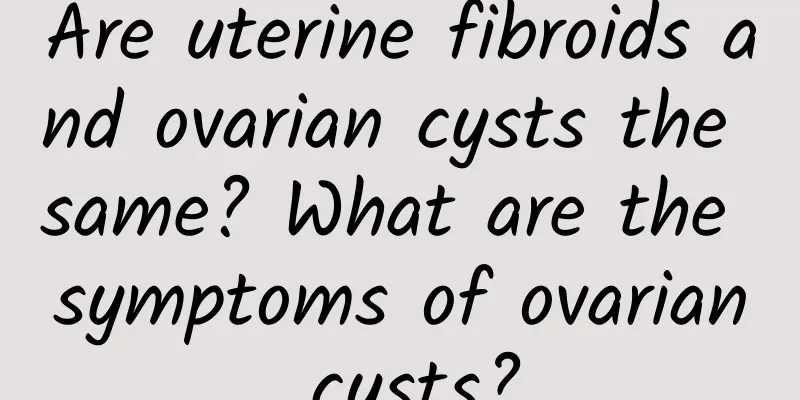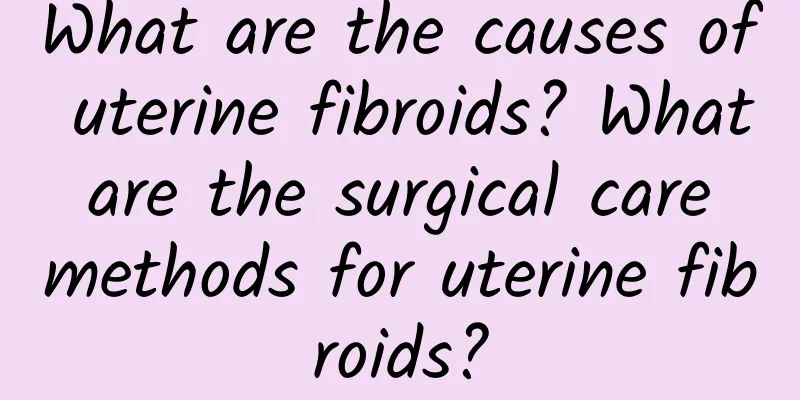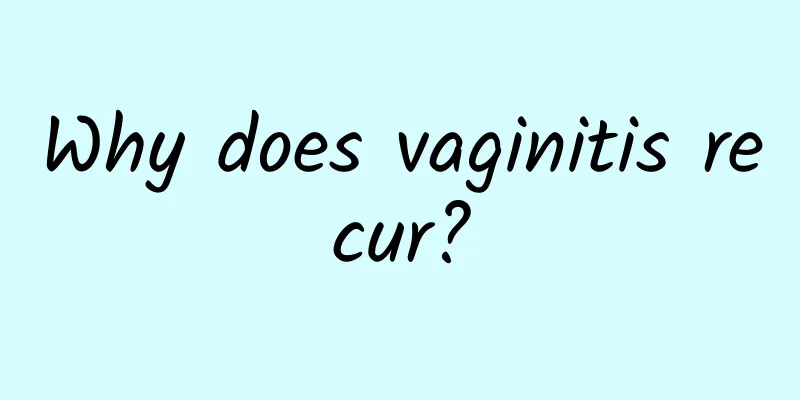Cervical cyst hypertrophy and hardness
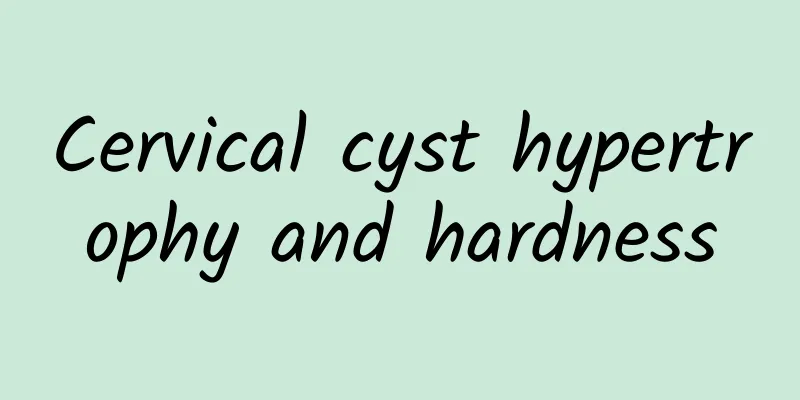
|
The enlargement and hardening of cervical Nabothian cyst may be the result of long-term accumulation of secretions in the cyst, inflammatory stimulation or tissue fibrosis. It is usually a benign lesion, but other risks need to be ruled out through examination. Cervical Nabothian cysts are small cystic lesions caused by blockage of cervical glands, which mostly occur in women of childbearing age. The hypertrophy of the cyst may be related to multiple factors, including the gradual enlargement of the cyst after chronic cervical inflammation causes gland obstruction, or the thickening of the cyst wall causes hardening. Cysts usually have no obvious symptoms, but if there are abnormal vaginal discharge, contact bleeding, lower abdominal pain and other manifestations, you should be alert to the possibility of other cervical lesions and seek medical attention in time. The diagnosis is usually confirmed through gynecological examination and B-ultrasound. If necessary, the doctor will recommend cervical cell examination or histopathology to rule out risks such as cervical cancer. Whether hypertrophic and hardened cysts need treatment depends on the symptoms and whether it affects health. Cervical Nabothian cysts are small cystic lesions caused by blockage of cervical glands, which mostly occur in women of childbearing age. The hypertrophy of the cyst may be related to multiple factors, including the gradual enlargement of the cyst after chronic cervical inflammation causes gland obstruction, or the thickening of the cyst wall causes hardening. Cysts usually have no obvious symptoms, but if there are abnormal vaginal discharge, contact bleeding, lower abdominal pain and other manifestations, you should be alert to the possibility of other cervical lesions and seek medical attention in time. The diagnosis is usually confirmed through gynecological examination and B-ultrasound. If necessary, the doctor will recommend cervical cell examination or histopathology to rule out risks such as cervical cancer. Whether hypertrophic and hardened cysts need treatment depends on the symptoms and whether it affects health. For mild or asymptomatic cysts, an observation and follow-up strategy can be adopted, and excessive treatment is not necessary. However, if the cyst continues to grow, is accompanied by infection or has obvious symptoms, minimally invasive surgery, cryotherapy, and laser surgery can be selected for treatment. Minimally invasive surgery discharges the contents of the cyst through a small incision, is less invasive, and has a quick recovery; cryotherapy and laser treatment are suitable for more severe inflammation or cyst tissue mutations. To avoid cyst recurrence, it is recommended to maintain good living habits, such as ensuring the cleanliness of the vulva, avoiding frequent use of vaginal washes, and regular gynecological examinations. |
<<: Adenomyosis: Foods not to eat
>>: How to treat endometritis and pelvic inflammatory disease quickly
Recommend
Where to get anesthesia for female abortion Four basic common senses about female abortion
Nowadays, people's sexual concepts have becom...
Foods suitable for patients with amenorrhea headache
Amenorrhea is a common gynecological disease. Chi...
What are the effects of a 2mm uterine fibroid? Is it a big problem to have a 2mm uterine fibroid?
What are the effects of a 2mm uterine fibroid? Is...
Is beef the first choice for iron supplementation? These seafoods are also high in iron
"Eating beef and pork liver to supplement ir...
Low progesterone leading to irregular menstruation
Low progesterone may lead to irregular menstruati...
How to regulate irregular menstruation after childbirth? Try this to regulate irregular menstruation after childbirth
Many women will encounter such a situation, that ...
Why doesn't hydatidiform mole bleed?
Why doesn't hydatidiform mole bleed? The abse...
Nursing measures for pelvic peritonitis after surgery
We all know that the incidence of pelvic peritoni...
The harmfulness of severe cervical precancerous lesions
Cervical precancerous lesions often occur and are...
Treatment of chronic cervicitis should start with daily care
Chronic diseases generally cannot be cured immedi...
Can I drink saffron during menstruation?
Can saffron be consumed during menstruation? This...
What are the valuable diagnostic bases for dysmenorrhea in Western medicine?
The diagnosis of dysmenorrhea in Western medicine...
What is the cause of uterine fibroids? Will sexual intercourse after pregnancy induce uterine fibroids?
For many female friends, the biggest worry is suf...
Overview of acute endometrial tuberculosis
Endometrial tuberculosis is an inflammation of th...
Causes of Endometrial Hyperplasia
With the continuous development of society, many ...
